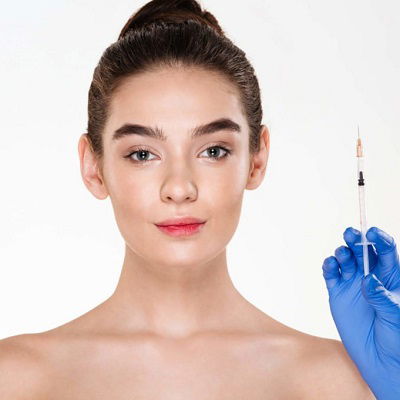Is There a Risk of Glutathione Injection Overdose?
Introduction
Glutathione, often dubbed the "master antioxidant," plays a crucial role in cellular health by neutralizing free radicals, detoxifying harmful substances, and maintaining immune function. Its therapeutic potential has led to a growing trend in the use of Glutathione Injections Muscat for a variety of health and cosmetic purposes, including skin whitening, anti-aging, and liver detoxification. However, as with any supplement or medical intervention, there is a concern about the risk of overdose. This article explores the potential risks associated with glutathione injection overdose, including its symptoms, complications, and preventive measures.

Understanding Glutathione and Its Uses
What is Glutathione?
Glutathione is a tripeptide composed of three amino acids: glutamine, cysteine, and glycine. It is a powerful antioxidant found in nearly every cell of the body, primarily in the liver, where it aids in detoxification and protects cells from oxidative stress.
Common Uses of Glutathione Injections
- Skin Whitening: Glutathione is often marketed for its ability to lighten skin tone by inhibiting melanin production.
- Anti-Aging: Its antioxidant properties are believed to reduce signs of aging and improve skin texture.
- Detoxification: It is used to support liver function and detoxify the body of heavy metals and other toxins.
Risk of Overdose: What You Need to Know
Symptoms of Overdose
While glutathione is generally considered safe when used appropriately, excessive doses can lead to adverse effects. Symptoms of an overdose may include:
- Allergic Reactions: Itching, rash, and swelling may occur, particularly in individuals with sensitivity to the injection.
- Nausea and Vomiting: High doses may upset the gastrointestinal system.
- Abdominal Pain: Some individuals may experience discomfort or pain in the abdomen.
- Diarrhea: Overuse can lead to digestive disturbances.
- Fatigue: An overdose can lead to general fatigue and weakness.
Complications of Excessive Glutathione
In extreme cases, excessive glutathione levels may lead to more serious complications:
- Kidney Damage: High doses may stress the kidneys, potentially leading to damage or dysfunction.
- Respiratory Issues: Overuse can sometimes lead to respiratory problems, including shortness of breath.
- Altered Immune Function: Excessive glutathione can potentially interfere with normal immune system function, leading to an increased risk of infections.
Safe Usage Guidelines
Recommended Dosages
The appropriate dosage of glutathione varies based on the intended use and individual health conditions. Generally, doses range from 600 mg to 1,200 mg per session, with a frequency determined by medical professionals.
Administration and Monitoring
- Consultation: Always consult a healthcare provider before starting glutathione injections to determine the right dosage and frequency.
- Medical Supervision: Injections should be administered by trained professionals to minimize risks and ensure proper technique.
- Regular Monitoring: Periodic health check-ups are essential to monitor for any adverse effects and adjust the dosage if necessary.
Conclusion
While glutathione injections offer various benefits, including improved skin appearance and enhanced detoxification, it is crucial to be aware of the potential risks associated with overdose. Understanding the symptoms of excessive glutathione and adhering to recommended dosages can help mitigate these risks. Consultation with healthcare providers and proper monitoring are essential steps in ensuring safe and effective use of glutathione injections. By taking these precautions, individuals can enjoy the benefits of this potent antioxidant while minimizing the risk of adverse effects.
